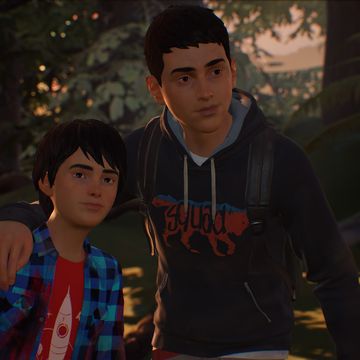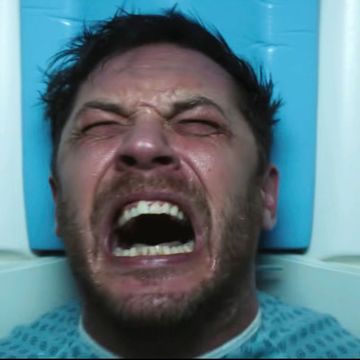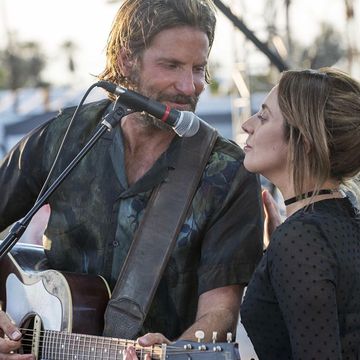Director: Josh Boone; Screenwriter Scott Neustadter, Michael H Weber; Starring: Shailene Woodley, Ansel Elgort, Nat Wolff, Laura Dern, Willem Dafoe; Running time: 125 mins; Certificate: 12A
"This is not a story where beautiful people learn beautiful lessons," Shailene Woodley's doomed, dignified 16-year-old Hazel warns us in the opening moments of The Fault in Our Stars. In adapting the story of the star-crossed romance between two teenage cancer victims, screenwriters Scott Neustadter and Michael H Weber plainly know they have an uphill battle to avoid being tarred with the same schmaltzy brush as previous entries in the sub-genre (Nicholas Sparks adaptation A Walk to Remember being the dubious prototype).
The trailers for Fault, in which Woodley and co-star Ansel Elgort embrace on an idyllic canal-side bench in Amsterdam exchanging cosmos-defying declarations of love, have done little to ward off the comparison, or to inspire confidence in the opening voiceover's promise. But this is a faithful adaptation of John Green's smash hit novel, which is in itself a far blacker, spikier and rawer affair than the log line suggests, and it succeeds by retaining his blend of dark humour and straight-talking sentiment.
While an experimental drug has bought her a few cautious years, Hazel is terminal, a self-described ticking time bomb played with earthy poignancy by Woodley. In a support group, she meets Gus Waters (Elgort), a strapping, supremely confident and seemingly all-knowing hunk who lost a leg to his own cancer but is now in remission, and straddling an improbable divide between jock, nerd and spirit animal.
To the emotionally shut-down Hazel, he becomes something akin to a manic pixie dream boy, doggedly batting aside her fatalistic attitude while matching her penchant for philosophical pondering. Green's characters are nothing if not hyper-literary, or to be less charitable, pretentious – "There's always a hamartia, isn't there?" Hazel sighs in disappointment after Gus pulls out a cigarette, which naturally turns out to be a metaphorical cigarette.
If you can get past the fact that these are the kind of teenagers who casually throw Aristotle references into their banter, the courtship is touching and convincingly drawn; as Hazel waits anxiously for Gus to text her, you sense this is the first time she's had the luxury of normal teenage girl problems. Eventually, Gus coaxes her into a wish-fulfilment trip to Amsterdam to meet her favourite author, a digression that works better on screen than it did on the page thanks to a fun, bristly turn from Willem Dafoe.
The depiction of cancer-stricken teens as their own somewhat self-defined subculture, with their own rules and in-jokes and sense of morality, feels genuinely fresh.
Just like Natalie Portman in Garden State or Kirsten Dunst in Elizabethtown or any other MPDG you care to name, Gus's main function is to teach the protagonist how to embrace life, and as such the romance feels imbalanced – a couple of key changes from the novel make Gus into even more of a fantasy, and even less of a real teenage boy with his own demons. Elgort seems understandably more at home when the cracks finally begin to show, and it's more powerful because of how effectively The Augustus Waters Persona has previously been established. Hazel, though, is a fully lived-in character from the outset.
It's achingly clear that beneath the arch posturing is a sweet, overwhelmed kid trying her best in an impossible situation, and Neustadter and Weber don't shortchange her home life in favour of the central romance. Her intense guilt and fear about how her parents (Laura Dern and Sam Trammell) will cope after her death inspire some of the film's most wrenching and plausible moments.
The script is self-referential throughout, with Hazel's voiceover at one point labelling a late plot development "one of the less bulls**tty conventions of the cancer genre". The depiction of cancer-stricken teens as their own somewhat self-defined subculture, with their own rules and in-jokes and sense of morality, feels genuinely fresh, and there's rich black comedy wrung from Hazel's trio with Gus and his best friend Isaac (Nat Wolff), whose own treatment has left him blind. While Boone steers clear of too many stylistic flourishes, the group's text message exchanges appear on-screen with a flow that feels youthful and modern.
But what ultimately makes the film beguiling, and gives its third act such sustained tearjerking power, is its stoicism. Countless opportunities for melodrama are passed up in favour of an overwhelmingly matter-of-fact tone – the closest Hazel gets to railing against her hopeless existence is a single quiet, almost throwaway line to Gus: "I really don't want this particular life." Her nasal oxygen tube, a staple from the book which a lesser translation could have excised in the name of glamour, remains a telling presence in even the most escapist moments.
Heartfelt but never mawkish, The Fault in Our Stars is a sharp and emotionally-sophisticated weepie that imbues its teenage characters with rare intelligence, and tackles its bleak subject matter with acerbic wit and tenderness.

Emma Dibdin is a freelance writer based in Los Angeles who writes about culture, mental health, and true crime. She loves owls, hates cilantro, and can find the queer subtext in literally anything.



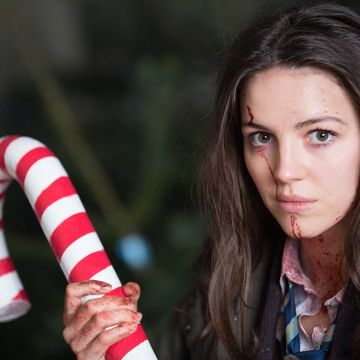
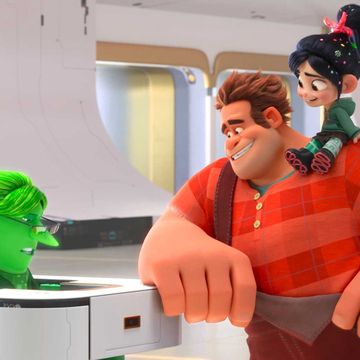
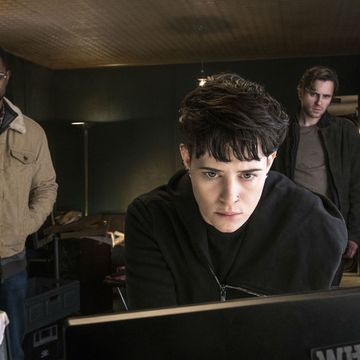
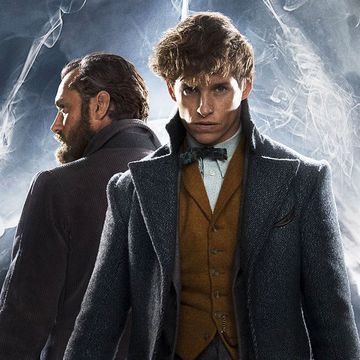
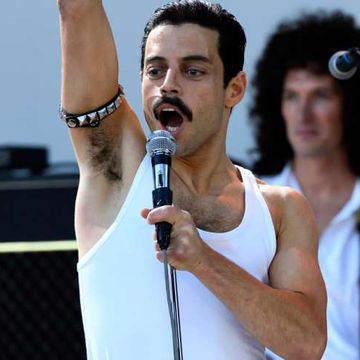
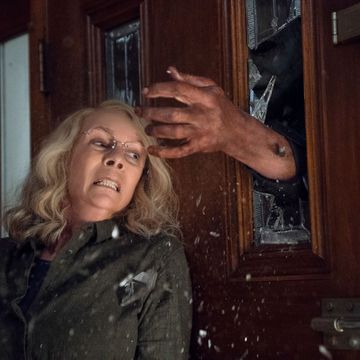
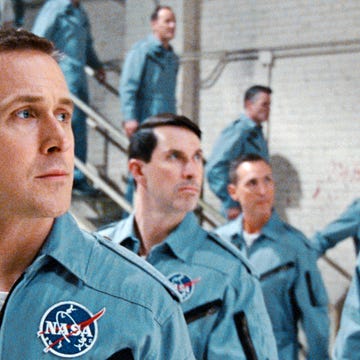
![Chris Hemsworth Bad Times at the El Royale dance [gif] Chris Hemsworth Bad Times at the El Royale dance [gif]](https://hips.hearstapps.com/digitalspyuk.cdnds.net/18/41/1539256413-chris-hemsworth-bad-times-el-royale-dance.gif?crop=0.4074074074074074xw:1xh;center,top&resize=360:*)
